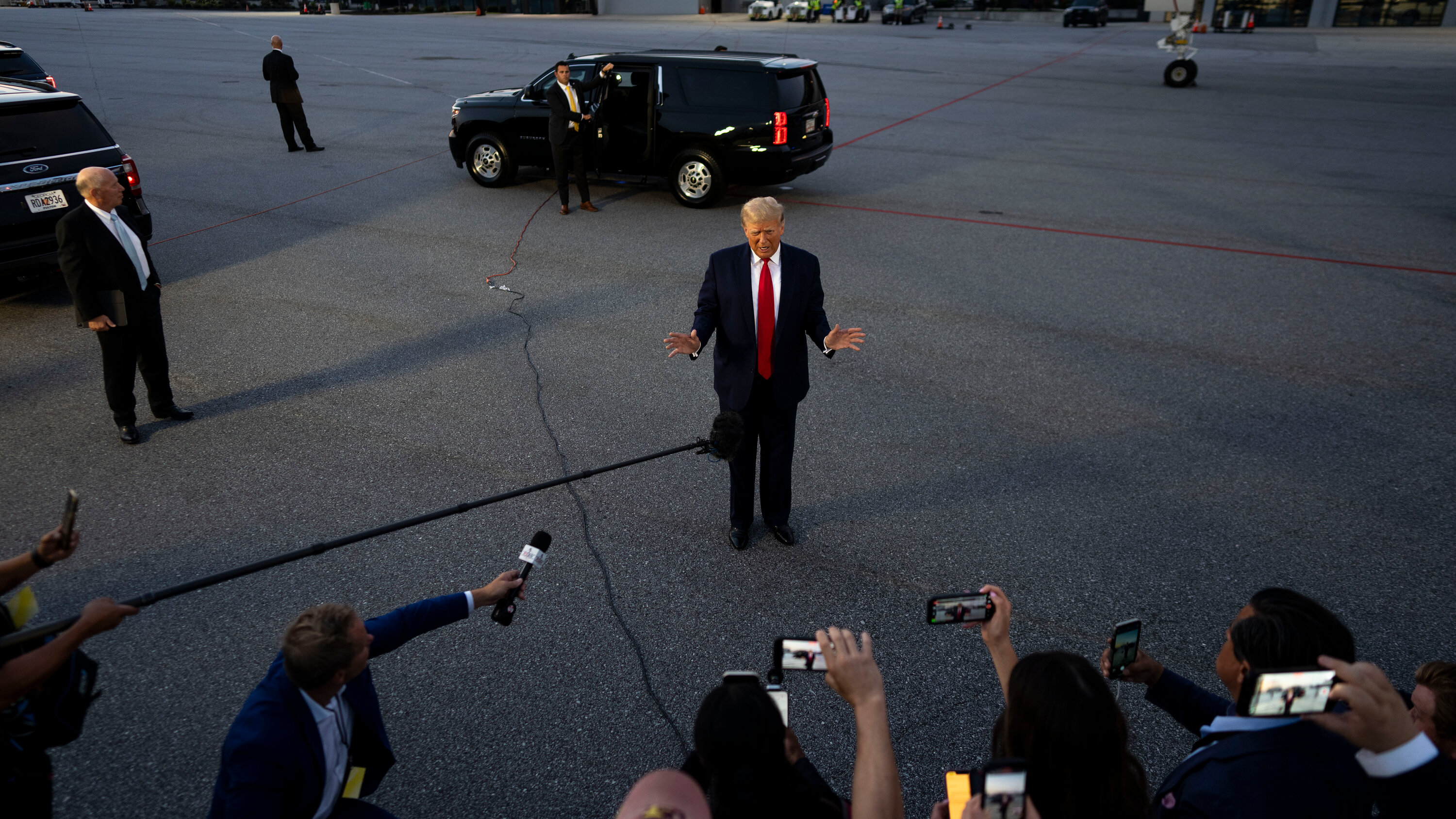The story of the kid who shot Trump has captivated the imagination of many, raising questions about youth, violence, and the political climate in America. This incident, while fictional, serves as a compelling narrative that highlights the complexities of modern society and the influence of media on young minds. It is crucial to explore the motivations behind such actions, the societal implications, and the role of political discourse in shaping the thoughts of the younger generation.
As we delve into this narrative, we find ourselves questioning how a young individual could feel compelled to take such drastic measures against a public figure. The pressures of growing up in a politically charged environment can be overwhelming, leading some to act out in dangerous ways. Understanding the background and context of this character becomes essential in grasping the broader social issues at play.
Moreover, the repercussions of this event extend beyond the individual involved. It raises critical discussions about gun violence, mental health, and the responsibilities of society to protect its youth. By examining the factors that contribute to such actions, we can better understand how to prevent similar incidents in the future and foster a more peaceful society.
Who is the Kid Who Shot Trump?
The kid who shot Trump is a fictional character that represents a multitude of real-life issues facing today’s youth. While there may not be a specific biography to reference, the character serves as a symbol of desperation and misguided actions. The backstory typically involves a troubled upbringing, exposure to violence, and a lack of support systems, all of which contribute to the decision to engage in violent behavior.
What Motivates Such Extreme Actions?
Understanding the motivations behind the actions of the kid who shot Trump requires a deep dive into the psychology of youth. Several factors can contribute to such extreme behavior:
- Media Influence: Constant exposure to violence in media can desensitize youth.
- Political Polarization: Heightened political tensions can lead to feelings of anger and frustration.
- Lack of Support: Many youths lack the necessary emotional and psychological support.
- Desperation for Attention: Some may resort to violence as a way to be heard.
What are the Consequences of Such Actions?
The consequences of the actions of the kid who shot Trump are far-reaching and complex. They can include:
- Legal Repercussions: The individual may face severe legal consequences, including imprisonment.
- Societal Impact: Such incidents can lead to increased fear and mistrust within communities.
- Political Ramifications: The event can influence political discourse and policies surrounding gun control.
- Psychological Effects: The individual and their family may struggle with long-term psychological trauma.
What Can Be Done to Prevent Such Incidents?
Preventing incidents like the one involving the kid who shot Trump requires a multifaceted approach. Some potential solutions include:
- Education on Violence: Implementing programs that educate youth about the consequences of violence.
- Strengthening Community Support: Creating strong support systems within communities to help guide troubled youth.
- Encouraging Open Dialogue: Fostering environments where young people feel safe to express their feelings and frustrations.
- Media Literacy: Teaching critical thinking skills to help youth navigate media messages.
How Does Society Perceive the Kid Who Shot Trump?
The societal perception of the kid who shot Trump varies widely. For some, the character serves as a cautionary tale about the dangers of neglecting youth in a politically charged environment. Others may view the character as a villain, representing the darker aspects of society. This dichotomy highlights the complexities of how society interprets actions based on context, upbringing, and societal influences.
What Lessons Can Be Learned?
Ultimately, the story of the kid who shot Trump provides valuable lessons about the importance of understanding and addressing the root causes of violence among youth. It emphasizes the need for community engagement, education, and mental health resources. By taking proactive steps to support our youth, we can work towards creating a safer and more understanding society.
Conclusion: Reflecting on the Kid Who Shot Trump
In conclusion, the narrative surrounding the kid who shot Trump serves as a poignant reminder of the challenges facing today's youth. By examining this fictional character, we can open up discussions about real-life issues such as violence, mental health, and political discourse. It is our responsibility as a society to ensure that young people feel supported and understood, mitigating the risk of such tragic actions in the future.




